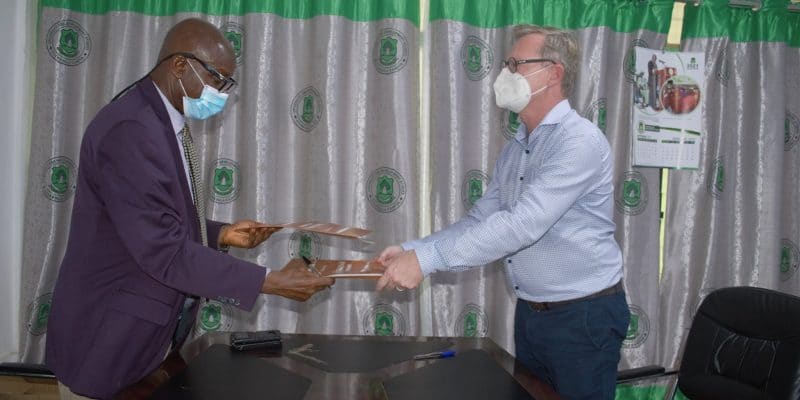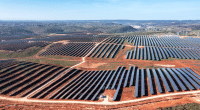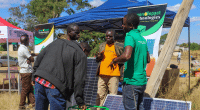The University of Development Studies (UDS) Nyankpala Campus in Ghana has been training Ghanaians in the installation and management of solar photovoltaic irrigation systems. The institute recently signed a funding agreement with the Deutsche Gesellschaft für Internationale Zusammenarbeit (GIZ).
The improvement of agricultural yields will require adapted irrigation systems. This is the conclusion of the University of Development Studies (UDS) Nyankpala Campus in Ghana, which has just signed a funding agreement with the Deutsche Gesellschaft für Internationale Zusammenarbeit (GIZ) for the training of stakeholders in the north of the country. Details of the funding were not disclosed. But the funds were allocated under GIZ-Ghana’s Green People’s Energy project.
This training program involves technicians, installers and agricultural extension agents. At the end of the various sessions, they should be able to provide small farmers with efficient irrigation systems. In this case, the systems will run on solar photovoltaic energy. Credit officers from financial institutions are also participating in the training offered by UDS. The goal is to enable them to understand the technology so they can better evaluate loan applications and provide loans to farmers at affordable interest rates.
Read Also – AFRICA: water, at the heart of the continent’s environmental challenges
The program also includes the construction of a turnkey irrigation system at UDS, as a way to move from theory to practice. The system will be powered by solar photovoltaic panels and related accessories. The system will be equipped with a concrete rainwater harvesting tank with a submersible water pump and irrigation kits consisting of drips, sprinkler tubes and watering units.
GIZ, the German international development cooperation agency, is also supporting these other works, which should be completed by mid-November 2021.
Inès Magoum






